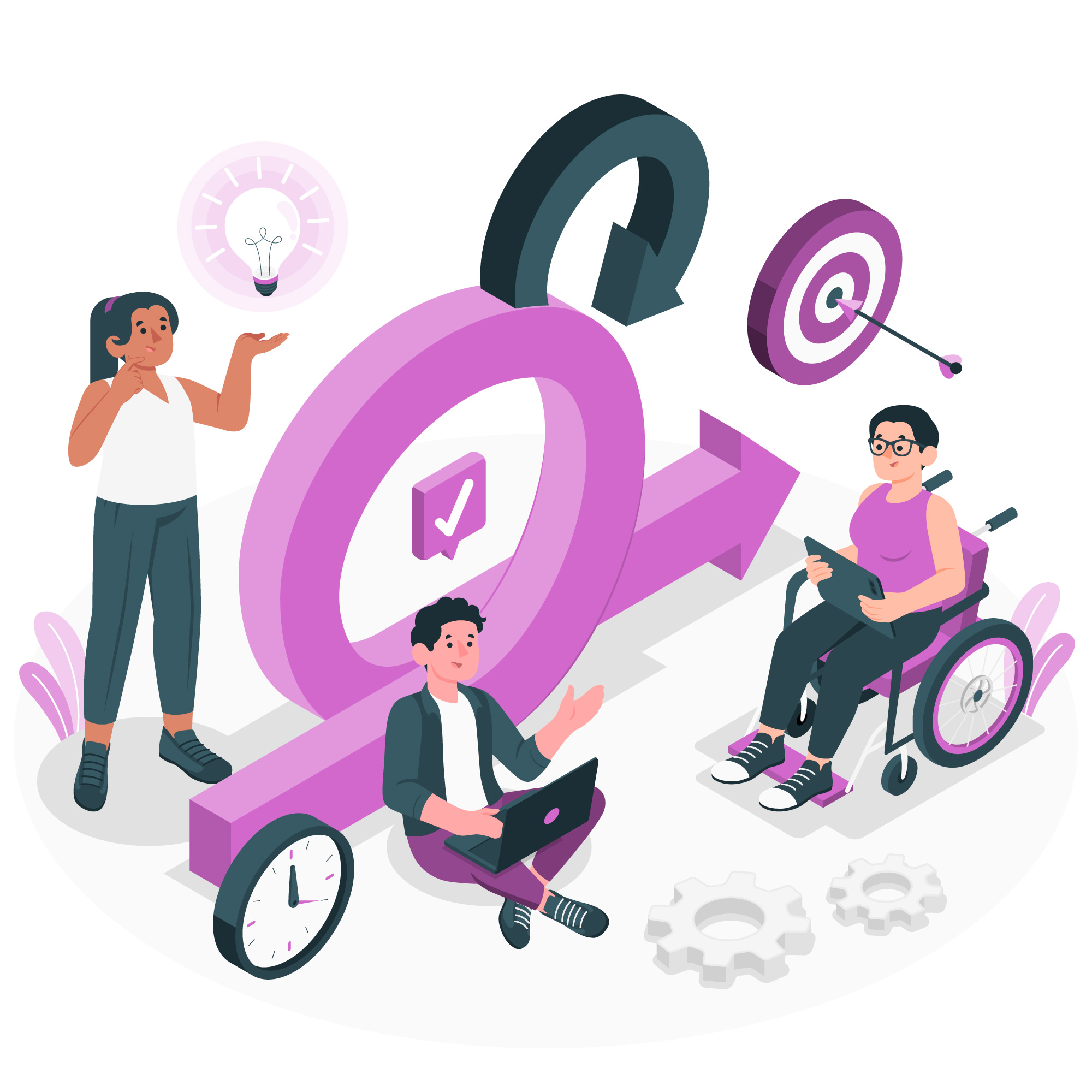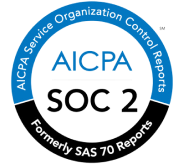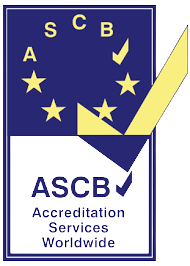Table of Content
- Introduction
- Understanding Emotional Intelligence
- What is Emotional Intelligence?
- The Pillars of Emotional Intelligence
- The Impact of Emotional Intelligence on Inclusive HR Practices
- Implementing Emotional Intelligence in HR: Best Practices
- Conclusion: A Future-Forward HR Approach
- Frequently Asked Questions (FAQs)
Introduction
In today's fast-paced and interconnected world, fostering a diverse and inclusive workplace has become paramount. One of the key elements in achieving this is harnessing the power of Emotional Intelligence (EI) in Human Resources (HR) practices. But what exactly is Emotional Intelligence, and why is it so crucial in creating an inclusive work environment? To know this all and more, it’s best that you delve into the topic of driving the cornerstone of inclusive HR practices with emotional intelligence.
Want to skip the content?

Understanding Emotional Intelligence
What is Emotional Intelligence?
Emotional Intelligence, often abbreviated as EI, helps the person or human being recognise, and manage their emotions. The more EI score we have, the more we also equip the ability to recognise, understand, and influence the emotions of others. It goes beyond IQ and technical skills, encompassing qualities like empathy, self-awareness, and interpersonal skills.
The Pillars of Emotional Intelligence
- Self-Awareness: The foundation of EI lies in knowing one's own emotions, strengths, and weaknesses. It's about recognising how your emotions affect your behaviour and performance.
- Self-Regulation: This involves the ability to control impulsive reactions and adapt to changing circumstances. It's about keeping calm under pressure and not letting negative emotions dictate actions.
- Empathy: Understanding and considering the feelings of others is crucial in building strong relationships. Empathy allows for effective communication and collaboration.
- Social Skills: This pillar revolves around the ability to manage relationships, communicate clearly, and work well in a team. It involves skills like conflict resolution, active listening, and leadership.
The Impact of Emotional Intelligence on Inclusive HR Practices
-
Fostering Inclusivity Through Empathy
Inclusive HR practices with the use of HRMS software in India start with empathy. Understanding the unique experiences and emotions of each employee allows HR professionals to create a supportive and inclusive environment where everyone feels valued.
-
Conflict Resolution and Effective Communication
High EI enables HR professionals to navigate conflicts and difficult conversations with finesse. By staying composed and empathetic, they can mediate conflicts and facilitate positive resolutions.
-
Building Diverse and Collaborative Teams
Emotionally intelligent HR teams are adept at building diverse teams that work harmoniously. They understand the importance of different perspectives and skill sets in driving innovation and success.
-
Employee Well-being and Satisfaction
HR practices rooted in emotional intelligence prioritise employee well-being. Recognizing and addressing your employees' emotional needs and requirements leads to higher job satisfaction and productivity.
Implementing Emotional Intelligence in HR: Best Practices
-
Prioritise EI in Hiring and Training
Incorporate EI assessments in the hiring process to identify candidates who possess the necessary emotional intelligence for the role. Additionally, provide ongoing EI training for existing employees.
-
Foster a Culture of Open Communication
Encourage transparent and open communication channels within the organisation. This allows employees to express themselves freely, fostering a culture of trust and inclusivity.
-
Provide EI Resources and Support
Offer resources like workshops, seminars, and coaching sessions to help employees develop their emotional intelligence. Provide a supportive framework for personal growth and development.
Conclusion: A Future-Forward HR Approach
Incorporating emotional intelligence into HR practices is not just a trend; it's a strategic move towards a more inclusive, productive, and empathetic workplace. By recognising the importance of emotions in the workplace, HR professionals can truly unlock the potential of their teams and drive organisational success.
Frequently Asked Questions (FAQs)
Q1: How can HR professionals develop their own emotional intelligence?
A1: HR professionals can develop their emotional intelligence through self-awareness exercises, empathy-building activities, and ongoing professional development in areas related to EI.
Q2: Can emotional intelligence be learned and improved over time?
A2: Absolutely. You can refine emotional intelligence through practice, self-reflection, and a commitment to personal growth.
Q3: What are some signs of low emotional intelligence in the workplace?
A3: Signs of low EI in the workplace may include difficulty in handling criticism, inability to adapt to change, poor interpersonal relationships, and a lack of self-awareness.
Q4: How does emotional intelligence contribute to employee retention?
A4: High EI fosters a positive work environment, which leads to higher job satisfaction. This, in turn, reduces turnover rates as employees are more likely to stay in a supportive and inclusive workplace.
Q5: Are there any industries or sectors where emotional intelligence is particularly important in HR?
A5: While EI is valuable in all industries, it plays a particularly critical role in service-oriented industries like healthcare, education, and customer service, where strong interpersonal skills are essential.












